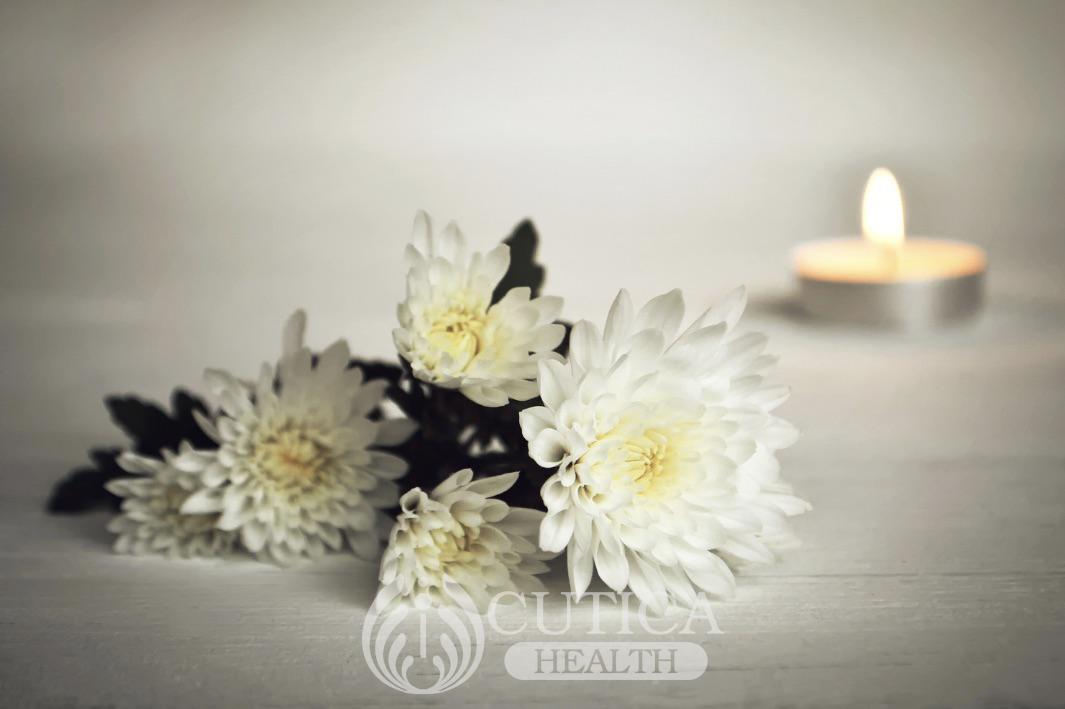
“It’s been a week since Alice’s dad died. While her mom and siblings are crying, Alice feels numb; she can’t bring herself to cry even one tear. Alice doesn’t know what’s wrong with her.”
There is nothing wrong with Alice, she is just grieving differently. Grief is a normal part of life and it is an emotional response to loss. This can be the loss of a family member, spouse, friend, pet, or even for things like your job. There is no defined process for grief, everybody experiences it differently.

You might feel overwhelmed with negative emotions or completely numb. You might experience physical health symptoms such as headaches, insomnia, or chest pains. Grief can be overwhelming and intense but you must find a way to cope and survive.
Here are a few tips to help you cope with loss:
Lean on your loved ones
Grief is an overwhelming emotion and can leave you confused, frustrated, and fatigued. You might be tempted to isolate yourself but this is the time to accept help from your loved ones. Grief is often shared among friends or family, spend time with these people and draw strength from one another.
You might not want to talk but help can come in various forms: a shoulder to cry on, distraction from your grief, help around the home, or anything you need. Make sure to communicate what your exact needs are to the people around you. Don’t allow your desire to be seen as strong as to override your need for comfort.
Accept your grieving process
You must have heard or read about the five stages of grief at one point or the other. In reality, the grieving process looks different for each person.
It might take a few months or a couple of years to move past the grieving stage. You might find that having loved ones around you helped while staying isolated helped your friend. Don’t be bothered if you are reacting differently from other people or you don’t find yourself passing through the 5 stages of grief. Whatever the process, remember that the way you handle grief is unique to you.
Celebrate their lives
Shutting off thoughts and memories of deceased loved ones can be a way to cope, but it is not the healthiest. Find a way to celebrate the life they lived or a way to honor their memory. You can donate to their favorite charity, or open a foundation in their name.
It can be something simple such as doing something they always wanted to do but couldn’t such as watch their favorite band in concert or naming a new baby after them. You can do anything you think they would have loved as a means to honor them.

Accept your emotions
Grief does not always bring sadness; you might find that you are angry, relieved, shocked, hopeless, frustrated, guilty, numb, or tired. Grief stimulates a lot of complex emotions that you might find challenging to deal with. But, don’t try to deny or push away these emotions, they are essential to the process.
You might believe that you should feel better after a certain time or expect to feel different emotions than the ones you are experiencing. Don’t try to change what you are feeling, accept it and work through it.

Conclusion
Coping with the loss of a loved one is difficult and painful. You have to remember that grief is not a permanent state. Don’t try to rush the process or follow the steps others consider to be normal. Take one day at a time, coming to terms with your loss until you can reach a place of peace.












